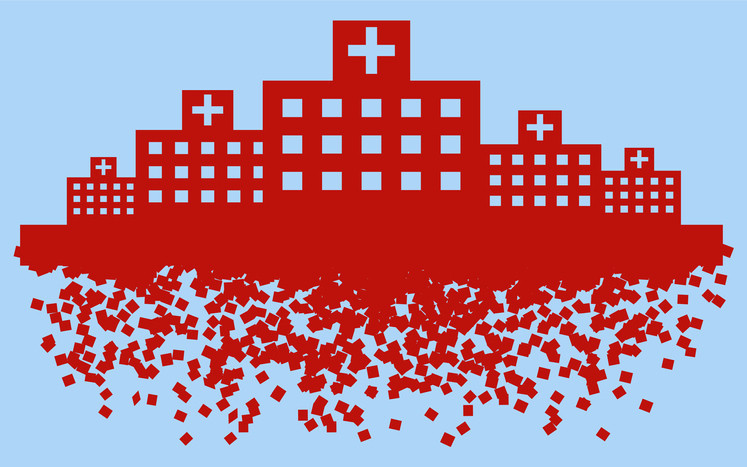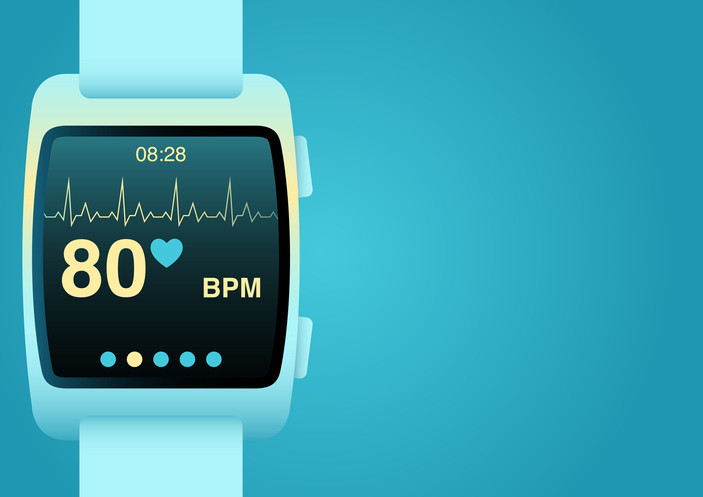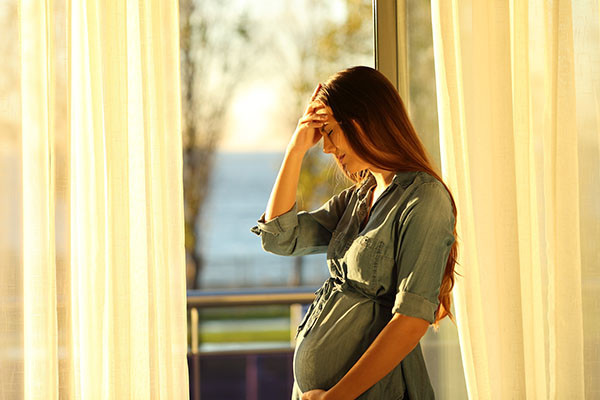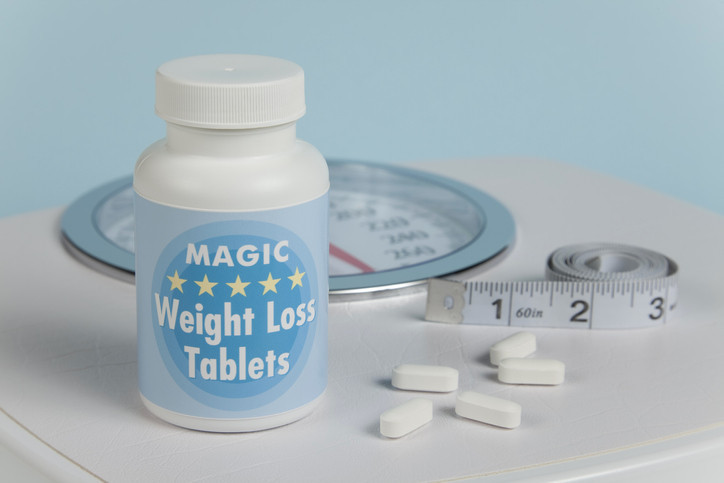
5 timeless habits for better health

What are the symptoms of prostate cancer?

Is your breakfast cereal healthy?

When pain signals an emergency: Symptoms you should never ignore

Does exercise give you energy?

Acupuncture for pain relief: How it works and what to expect

How to avoid jet lag: Tips for staying alert when you travel

Biofeedback therapy: How it works and how it can help relieve pain

Best vitamins and minerals for energy

Should you take probiotics with antibiotics?
Harvard Health Blog
Read posts from experts at Harvard Health Publishing covering a variety of health topics and perspectives on medical news.
Articles
Hope: Why it matters
Will new guidelines for heart failure affect you?
Want probiotics but dislike yogurt? Try these foods
One reason people eat yogurt is because it contains probiotics — beneficial bacteria and yeasts that improve digestion, provide protection from dangerous organisms, and boost the immune system. But not everyone likes the taste or texture of yogurt, so here are some other foods that offer the same benefits.
Is our healthcare system broken?
The US healthcare system is expensive, complicated, dysfunctional — and broken. The system needs a major overhaul, and the arguments for this fall into a few broad categories: high costs, uneven access, and undue emphasis on areas of spending that do not directly benefit patients
What's the relationship between diabetes and dementia?
A new treatment for advanced prostate cancer improves survival in phase 3 clinical trial
Preventing sudden heart death in children and teens: 4 questions can help
It's extremely rare for a child or teen to die suddenly because of a heart problem, but several conditions can increase the risk of sudden death. A policy statement from the American Academy of Pediatrics outlines four questions about personal and family health history that can help identify children who may be at risk.
Band together for stronger legs
Using your own body weight for exercise is simple and straightforward, but sometimes you need to further challenge your muscles. Resistance bands are versatile, portable, and easy to use to strengthen legs. These four leg exercises with resistance bands will enhance your lower-body workouts.
Supporting a bullied child
If you learn your child has been bullied, ignore the temptation to fantasize about retaliation and focus on your child's immediate needs instead. Parents can't stop bullies from crossing paths with their children, but they can teach their children how to manage such situations.
Harvard Health Ad Watch: How helpful are pulse monitors and home ECGs?
Ads for consumer health monitoring devices make it seem like having ready and regular access to heart rate, heart rhythm, and electrocardiogram data is something everyone needs. While it may help some people with existing heart conditions, how about for an average person without such a concern?
Want more happiness? Try this
What could you do today to feel happier? Three strategies drawn from positive psychology, a field that aims to improve moods and lives, may help.
New information for parents on myocarditis and COVID-19 vaccines
Returning to restaurants — and to healthy eating
Making visits to the dentist easier for people with autism spectrum disorder
Proper dental care is essential for all children, including learning how to brush and going for regular dental visits. But for children with autism spectrum disorder, the sensory aspects of a dental office may be uncomfortable, difficult, or overwhelming. But there are things parents can do to make these visits easier.
Smoking more than doubles heart risk among African Americans
How can you manage anxiety during pregnancy?
During pregnancy it's completely normal to experience a certain amount of anxiety about the baby, giving birth, and becoming a new parent. But for some women this worry takes over their thoughts and becomes debilitating. There are treatments available that may or may not involve medication, depending on the individual situation.
Using weight loss or sports supplements? Exercise caution
Magical claims are made in ads for dietary supplements marketed to enhance well-being and solve health problems. But the reality is that most do little or nothing to improve your health, and in some cases weight loss or sports supplements might actually harm you.
Not yet ready for cataract surgery? Try these tips
Back to the future: Psychedelic drugs in psychiatry
Children not yet vaccinated against COVID-19? What to do
HIV rates rising: Could new forms of PrEP help?
Careful! Scary health news can be harmful to your health
Post-pandemic weight loss: There's an app for that
There are a myriad of apps and programs designed to help people lose weight, but many companies are offering products that go beyond traditional food tracking, taking a mindfulness-based approach to help people understand why they eat the way they do, and how to make beneficial changes to their eating routine.
Cognitive behavioral therapy for insomnia by telemedicine: Is it as good as in-person treatment?

5 timeless habits for better health

What are the symptoms of prostate cancer?

Is your breakfast cereal healthy?

When pain signals an emergency: Symptoms you should never ignore

Does exercise give you energy?

Acupuncture for pain relief: How it works and what to expect

How to avoid jet lag: Tips for staying alert when you travel

Biofeedback therapy: How it works and how it can help relieve pain

Best vitamins and minerals for energy

Should you take probiotics with antibiotics?
Free Healthbeat Signup
Get the latest in health news delivered to your inbox!
Sign Up

























